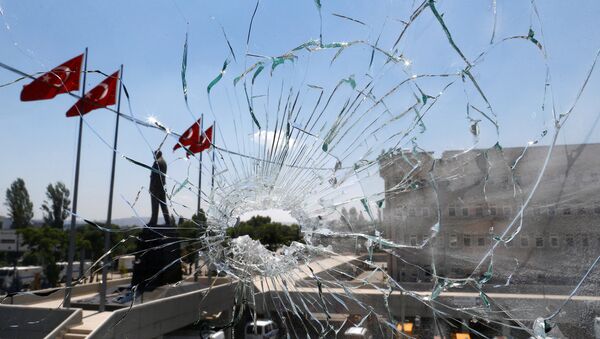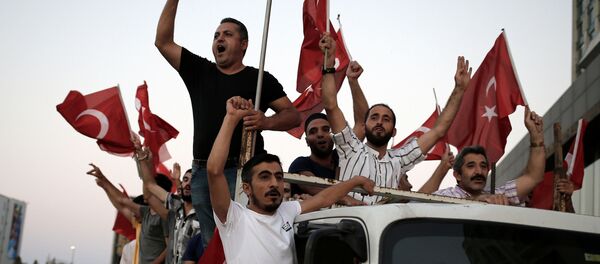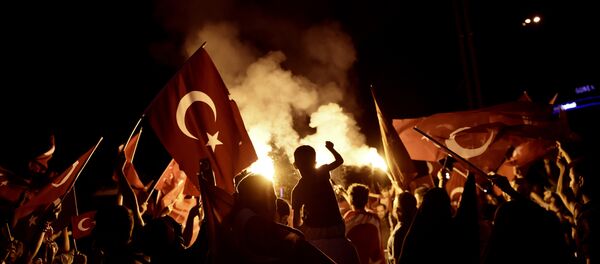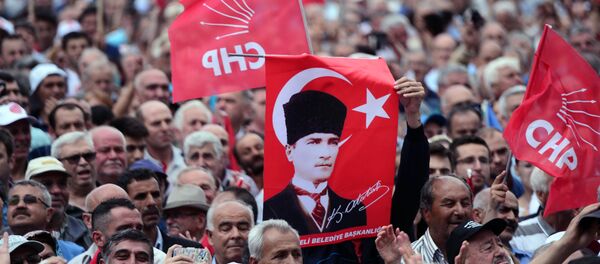Paradoxically, it dealt a bad, one fears a mortal, blow to Turkish democracy. It was a desperate attempt to stop the real, ongoing coup d’etat being perpetrated by its ruling class for many years now.
Now it seems the military has failed to stop the country’s slide into the dark ages, and emboldened president Erdogan will complete his work of dismantling the secular Turkey and its transformation into a religious state. There is little cause to celebrate Erdogan’s victory over the army.
We can’t know for sure what would have happened had the army won, but we know what will happen now.
It’s not entirely right to call it a coup, since the term implies illegality. In the Kemalist constitutional tradition the military has a duty to protect Turkey’s secular state and the constitutional order against the country’s regressing to its centuries-old archetype. Military interventions in Turkey can hardly be compared to those in countries with different historical, religious and geographical backgrounds. It is more the case of the army stepping in to correct the excesses of politicians, a kind of checks and balances the Turkish way. Ataturk was wise to recognize that in a country like Turkey politicians and the masses cannot be fully trusted with power before the country completes modernization, as the two groups can easily manipulate each other to abuse and undermine the country's fledgling democracy.
But things have changed. The army seems no longer up to the task laid down by Ataturk. The reasons for that are various. First, the army itself has been undermined by continuous purges undertaken by Erdogan since his assumption of power. The country has changed as well. A demographic explosion of the 20th century flooded Turkish cities with yesterday’s peasants who value Ataturk’s precepts less than their own tradition.
Finally, the world has changed. Modern technology has made instant communication possible, allowing part of a population to be mobilized in the streets by their leaders at the push of a button for or against a cause. Erdogan’s supporters flooded the streets once they heard the message from their leader, while his opponents cheered the intervention from the open windows.
The army’s intervention has handed Erdogan a perfect pretext to double down on his radical policies. But what would have happened had the intervention succeeded? We don’t know, but likely the same as before, when the army took over the government in 1960 and later. After an initial period of confusion and a purge of undesirables civilian rule would likely have been restored with the secular regime strengthened.
But the crushing of the Darbe is also good in the sense that the pendulum must swing the whole way back. The Turks must take responsibility for themselves and their country, so that they would never again have the luxury of being able to say they had been prevented from building a better future by a military coup.
The views expressed in this article are solely those of the author and do not necessarily reflect the official position of Sputnik.





